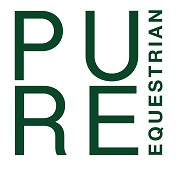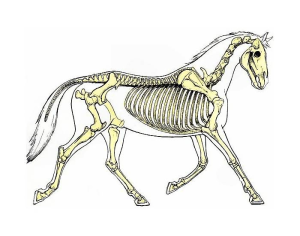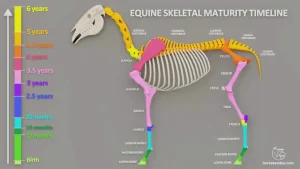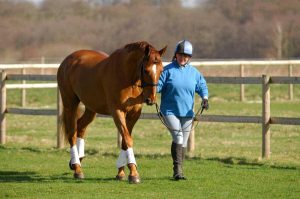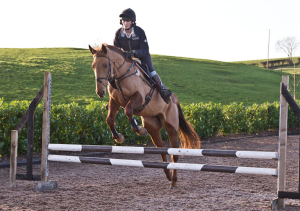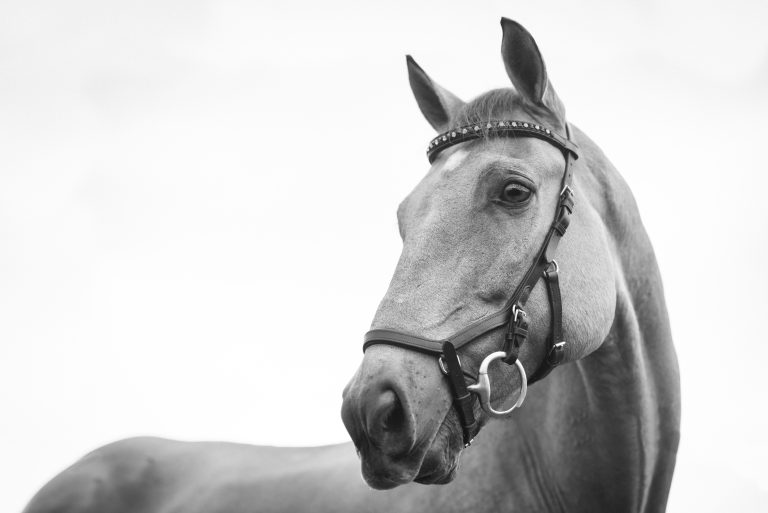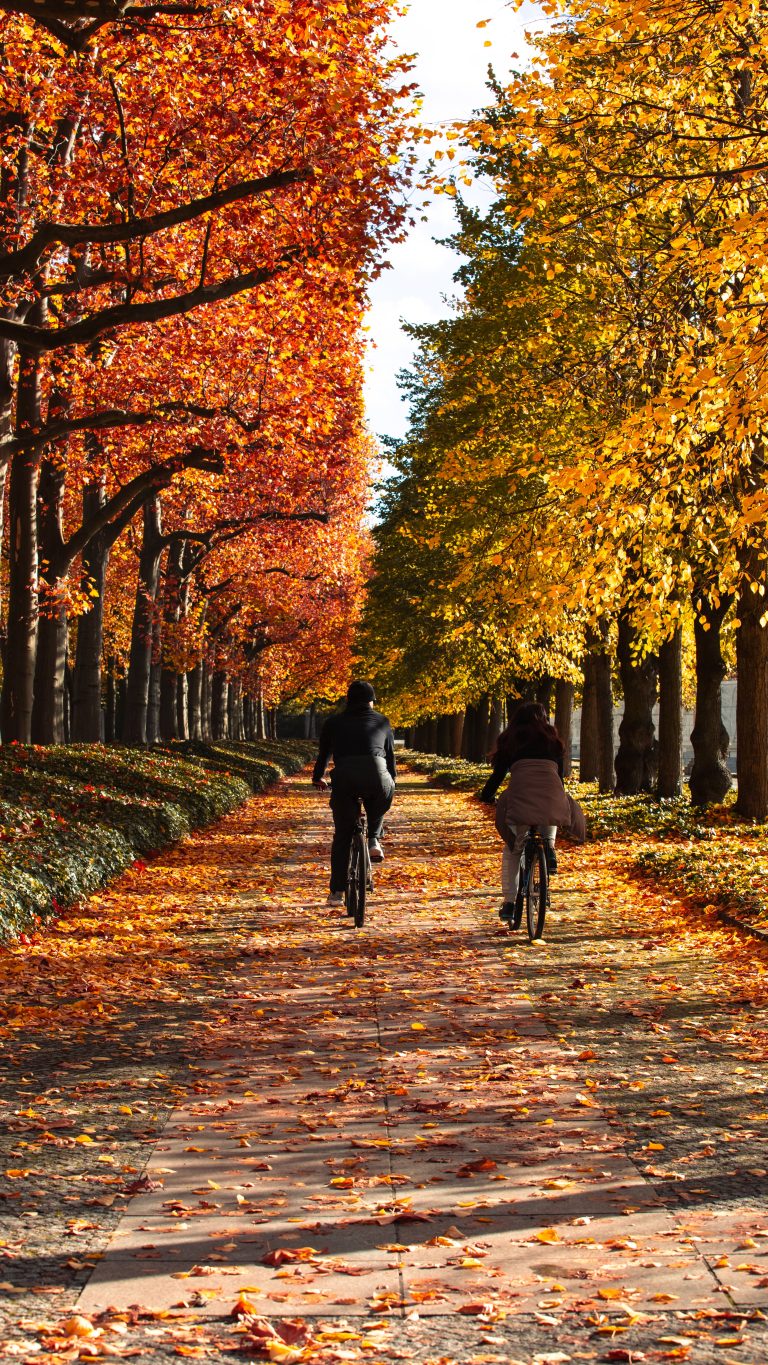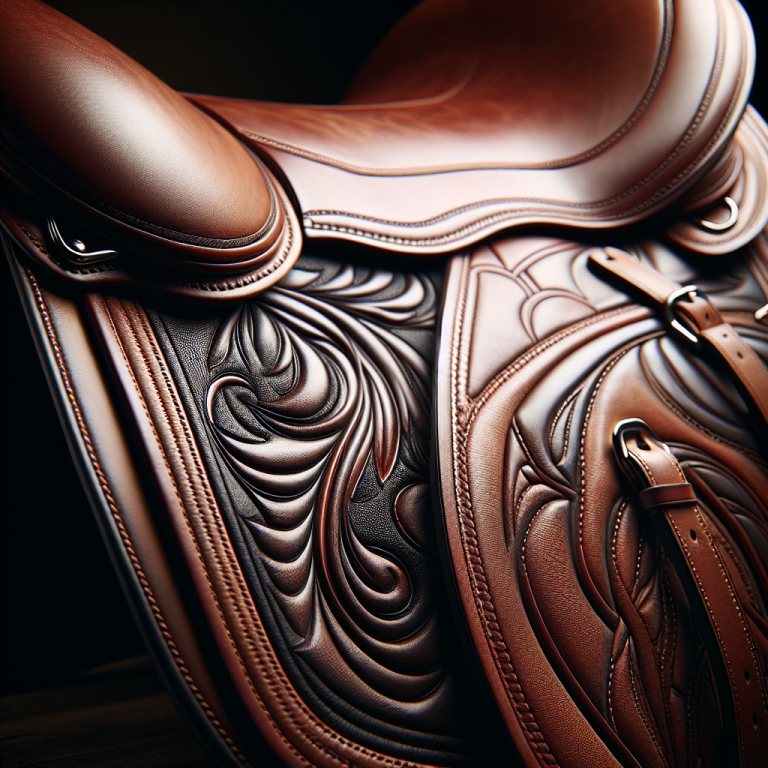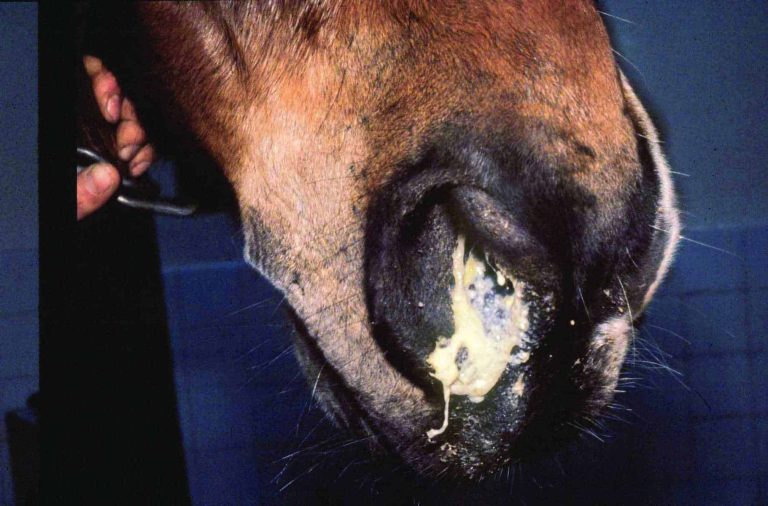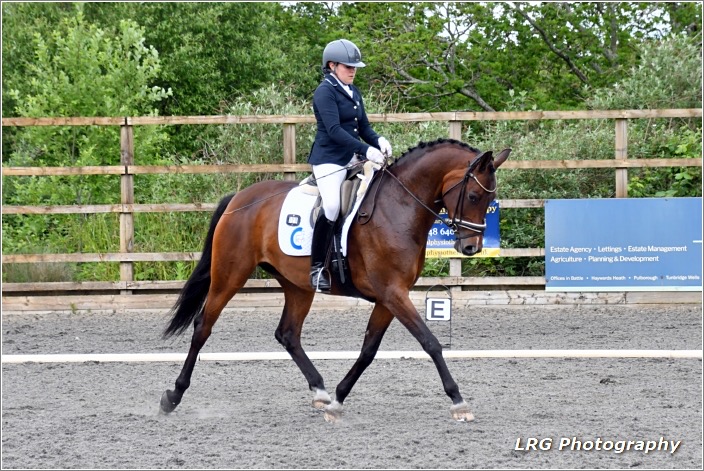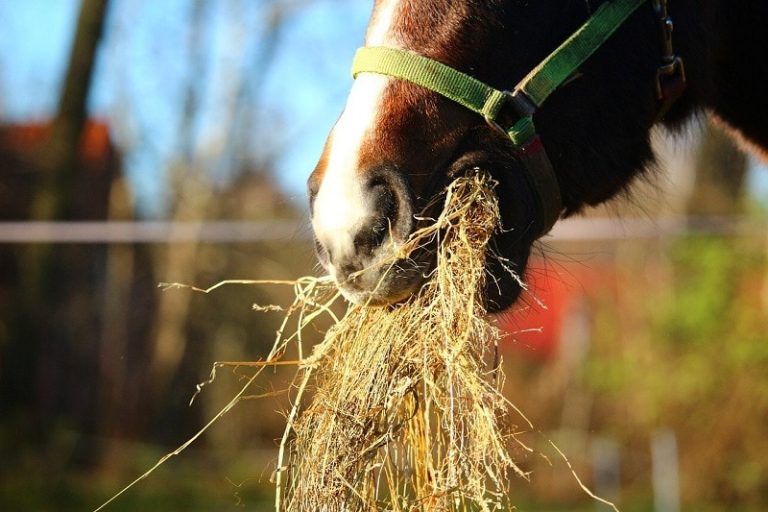Have you ever wondered what the perfect age is for a showjumping horse to begin its career? This article explores the optimal age for these magnificent athletes to start their journey in the world of showjumping. From considering the horse’s physical development to their mental readiness, we will uncover the factors that play a vital role in determining the ideal age for a horse to embark on its showjumping career. Join us as we delve into this fascinating topic and gain a deeper understanding of the timeline for these exceptional equine athletes.
Table of Contents
ToggleFactors to Consider
When it comes to determining the ideal age for a showjumping horse to start its career, there are several important factors to consider. These factors include physical development, mental maturity, training time, breed specifics, health and soundness, the rider’s skill level, longevity of career, competition level, future prospects, and personal preferences. By carefully evaluating each of these factors, you can make an informed decision about when to begin your horse’s showjumping career.
Physical Development
Physical development is a key factor to consider when determining the ideal age for a showjumping horse to start its career. It is crucial that the horse has reached a certain level of physical maturity before being subjected to the demands of showjumping. Factors such as bone growth, muscle development, and joint integrity should be carefully assessed.
Bone Growth
Bone growth plays a crucial role in a horse’s overall physical development. It is important to ensure that a horse’s bones have finished growing and have reached their full strength before beginning a showjumping career. Prematurely subjecting a horse to intense training and competition can lead to skeletal problems and increase the risk of injury.
Muscle Development
Developing strong and well-developed muscles is essential for a showjumping horse to perform at its best. Before starting a career in showjumping, it is important to ensure that the horse has had time to develop and strengthen its muscles through appropriate training and conditioning exercises.
Joint Integrity
The integrity of a horse’s joints is crucial for its ability to perform in showjumping. Jumping requires significant strain on a horse’s joints, and it is important to ensure that they are fully developed and strong enough to withstand the demands of the sport. Taking the time to evaluate a horse’s joint health through thorough veterinary checks and comprehensive X-rays is essential before embarking on a showjumping career.
Mental Maturity
In addition to physical development, mental maturity is another important consideration when determining the ideal age for a showjumping horse to start its career. A horse’s temperament, focus, and concentration, as well as confidence and bravery, all play a significant role in its ability to excel in the showjumping arena.
Temperament
A showjumping horse must possess a suitable temperament to handle the pressures and challenges of the sport. Horses with a calm and willing disposition are often better equipped to handle the intensity and stress of the competitive environment. Evaluating a horse’s temperament and ensuring that it possesses the necessary qualities for showjumping is crucial before beginning its career.
Focus and Concentration
Showjumping requires a high level of focus and concentration from both the horse and the rider. It is important to assess a horse’s ability to stay mentally engaged and focused during training sessions and competitions. A horse that easily gets distracted or loses focus may struggle to perform consistently and effectively in the showjumping arena.
Confidence and Bravery
Confidence and bravery are essential attributes for a successful showjumping horse. The ability to approach fences with confidence and tackle challenging courses with bravery is crucial for a showjumper’s success. Before starting a showjumping career, it is important to evaluate a horse’s level of confidence and bravery to ensure it has the right mindset for the sport.
Training Time
The amount of training time a horse has received is another factor to consider when determining the ideal age for it to start its showjumping career. Adequate time spent on foundation and basic training, as well as progression and skill-building, is crucial for a horse’s success in the showjumping arena.
Foundation and Basics
Before beginning a showjumping career, a horse should have a solid foundation in basic training. This includes fundamental skills such as leading, and basic obedience. Taking the time to establish a strong foundation is essential for a horse’s future success and can help ensure a smoother transition into more advanced training.
Progression and Skill-building
Developing a showjumping horse’s skills and abilities through progressive training is a key aspect of preparing them for a successful career. Gradually introducing more complex exercises, improving the horse’s jumping technique, and refining their responses to rider aids are all crucial for their development as a showjumper.
Avoiding Overtraining
Overtraining can have detrimental effects on a horse’s physical and mental well-being. It is important to ensure that a horse has had adequate rest periods and time to recover between training sessions. Avoiding overtraining is crucial for preventing injuries and maintaining the horse’s enthusiasm and motivation for the sport.
Breed Specifics
Different horse breeds have unique characteristics that can affect their suitability for showjumping and the ideal age to start their career. Considering the specific traits and characteristics of a horse’s breed is important when determining the optimal age at which to begin their showjumping journey.
Physical Characteristics
Some horse breeds are naturally suited for showjumping due to their physical characteristics. Horses with a build that is conducive to jumping, such as a well-aligned shoulder and hip angle, are often better equipped for the demands of the sport. Evaluating a horse’s physical attributes and understanding how they align with the requirements of showjumping is crucial in determining their readiness to start their career.
Maturity Rates
Different horse breeds mature at different rates. Some breeds may reach physical and mental maturity earlier than others. Understanding the typical maturity rates of a particular breed can help determine the appropriate age to start their showjumping career. Overworking a horse that is not physically or mentally ready can lead to long-term consequences for their health and performance.
Natural Abilities
Certain horse breeds possess natural jumping abilities that make them well-suited for showjumping. Breeds with a natural inclination for jumping, such as Thoroughbreds and Warmbloods, may be more prepared to start their showjumping career at an earlier age. Assessing a horse’s natural abilities and considering how they align with the demands of showjumping can help determine the optimal age to begin their career.
Health and Soundness
Ensuring a horse’s health and soundness is vital before embarking on a showjumping career. Thorough orthopedic evaluations, veterinary checks, and comprehensive X-rays should be conducted to assess a horse’s overall health and confirm their suitability for the demands of showjumping.
Orthopedic Evaluations
Orthopedic evaluations are essential for identifying any underlying issues with a horse’s musculoskeletal system that may affect their suitability for showjumping. Assessing factors such as bone density, joint health, and overall structural soundness is crucial in determining whether a horse is physically capable of withstanding the demands of the sport.
Veterinary Checks
Thorough veterinary checks should be conducted to assess a horse’s overall health and well-being. This includes evaluating their cardiovascular fitness, respiratory function, and general health. Identifying any underlying health issues that may compromise a horse’s ability to perform at their best is crucial before starting their showjumping career.
Comprehensive X-rays
Comprehensive X-rays are valuable tools for evaluating a horse’s bone health and detecting any potential issues that may hinder their performance or increase the risk of injury. X-rays can help identify issues such as bone abnormalities, fractures, or joint problems. Conducting comprehensive X-rays is an important step in assessing a horse’s suitability for showjumping.
Rider’s Skill Level
The rider’s skill level is an influential factor in determining the ideal age for a showjumping horse to start its career. The rider’s experience, expertise, judgment, and ability to develop young horses can greatly impact a horse’s success in the showjumping arena.
Experience and Expertise
An experienced and knowledgeable rider can greatly enhance a horse’s development and performance. Riders with a deep understanding of showjumping techniques, training methods, and horse management are better equipped to guide a young horse’s progress. Their experience and expertise can help ensure that a horse is given the appropriate guidance and training to thrive in a showjumping career.
Judgment and Timing
A rider’s judgment and timing play a crucial role in a horse’s training and progression. Knowing when to introduce new exercises, when to push a horse’s limits, and when to provide downtime for rest and recovery is essential. Riders with good judgment and timing can prevent overtraining, mitigate the risk of injury, and optimise a horse’s development for a successful showjumping career.
Ability to Develop Young Horses
Developing young horses requires a specific skill set and understanding of their unique needs and challenges. Riders who have a talent for working with young horses, establishing a solid foundation, and gradually introducing more advanced training exercises are invaluable in preparing a horse for a successful showjumping career. Their ability to nurture and develop a young horse’s potential is critical in determining the ideal age to start its showjumping journey.
Longevity of Career
Considering the longevity of a showjumping horse’s career is important when determining the ideal age to start their journey. Balancing the early start to a career with the potential for prolonged success requires careful consideration of a horse’s physical and mental development.
Early Start vs. Prolonged Success
Starting a horse’s showjumping career at a young age may provide them with more time to develop and gain experience. However, it is important to weigh this against the potential for overworking a young and still developing horse. Striking a balance between an early start and the long-term sustainability of a horse’s showjumping career is crucial for their overall well-being and success.
Balancing Development and Durability
Ensuring a horse’s development and durability go hand in hand. Pushing a young horse beyond their physical and mental limits can have long-term consequences on their soundness and overall well-being. It is essential to carefully monitor and manage a horse’s training and competition schedule to promote their sustainable development and ensure their longevity in the showjumping arena.
Competition Level
The desired competition level can also influence the decision on when to start a horse’s showjumping career. Considerations for lower-level competitions, higher-level competitions, and international events can impact the ideal age at which to begin their journey.
Lower-Level Competitions
Starting a horse’s showjumping career at lower-level competitions can offer them valuable experience and exposure to the sport. These competitions typically have lower fences and less demanding courses, allowing the horse to gain confidence and develop their jumping technique. Starting at lower levels can be beneficial for young horses, providing them with a solid foundation before progressing to more challenging competitions.
Higher-Level Competitions
Higher-level competitions entail more demanding courses and larger fences. The decision to start a horse’s showjumping career at higher levels depends on several factors, including the horse’s physical and mental maturity, training progress, and the rider’s expertise. Starting at higher levels requires a more advanced skill set, both from the horse and the rider, to navigate the technical and challenging courses successfully.
International Events
International showjumping events bring together top riders and horses from around the world. These competitions require a high level of skill, experience, and talent to excel. Deciding to start a horse’s showjumping career at international events is generally reserved for horses with exceptional talent, extensive training, and a rider who is capable of competing at this elite level.
Future Prospects
Considering the horse’s future prospects in the showjumping industry is essential when determining the ideal age for them to start their career. Evaluating their potential for success, market demand, and long-term goals can help guide this decision.
Trainer’s Philosophy
Working closely with a trainer who shares your goals and aspirations in the showjumping industry is essential. Assessing a trainer’s philosophy and their approach to developing young horses can provide valuable insight into their opinion on the ideal age for a horse to start its career. Finding a trainer who aligns with your future prospects and supports your horse’s long-term success is crucial.
Owner’s Goals
Understanding your goals and ambitions as the horse’s owner is an important factor to consider. Different owners may have varying objectives for their horses, such as reaching a certain level of competition, aiming for specific achievements, or simply enjoying the sport. Evaluating your own goals and considering how they align with the horse’s potential can help determine the right time to start their showjumping career.
Market Demand
Assessing the current market demand for showjumping horses is another factor to consider. Understanding the trends and preferences within the industry can impact the decision on when to start a horse’s career. If there is a high demand for young and talented showjumping horses, starting their career at a relatively younger age may be advantageous. On the other hand, if the market is saturated, waiting until the horse is more physically and mentally prepared may be a wiser choice.
In conclusion, determining the ideal age for a showjumping horse to start its career requires careful consideration of several factors. Evaluating the horse’s physical development, mental maturity, training time, breed specifics, health and soundness, rider’s skill level, longevity of career, competition level, future prospects, and personal preferences is essential in making an informed decision. By carefully assessing these factors, you can ensure that your horse is given the best possible start to their showjumping journey and set them up for a successful and enjoyable career in the sport.
